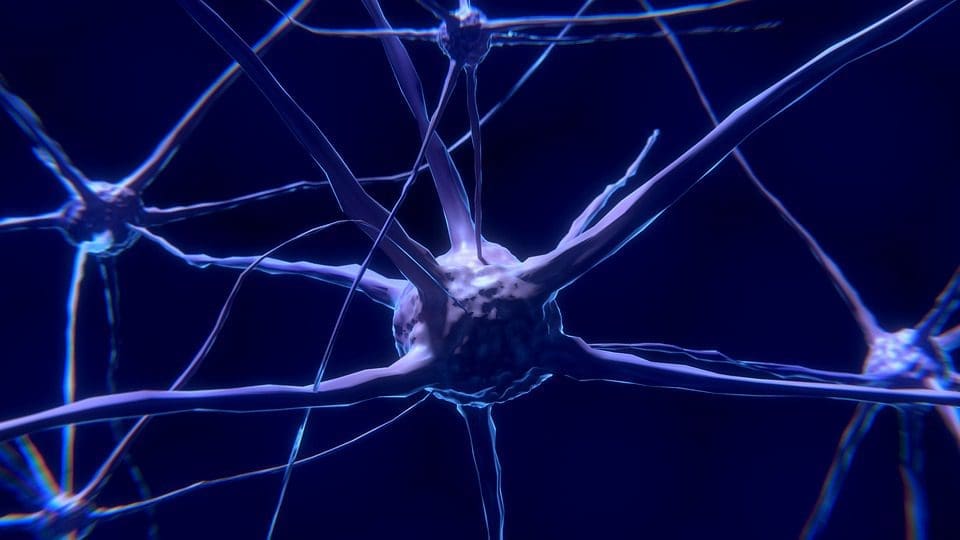
Meningioma is a tumor that arises on the brain surface, as it starts from the brain and spinal cord meninges (specific external capsule). Small tumors do not pose any health risks and may accompany a person during the whole life. Quite the contrary, large tumors compress brain and spinal cord, damaging the sensitive nervous tissue and causing a number of unpleasant and even life-threatening symptoms.
Meningioma is a tumor that arises on the brain surface, as it starts from the brain and spinal cord meninges (specific external capsule). Small tumors do not pose any health risks and may accompany a person during the whole life. Quite the contrary, large tumors compress brain and spinal cord, damaging the sensitive nervous tissue and causing a number of unpleasant and even life-threatening symptoms. Surgical removal of meningioma can be curative, provided it is performed early enough by an experienced surgeon. Leading hospitals of countries with the developed medical systems offer patients minimally invasive surgeries with extremely low complications risks and efficient rehabilitation programs.
Meningioma causes and risk factors
Meningioma is rarely diagnosed in children, it is more typical for adults in the age from 30-40 to 70 years. The exact cause of the tumor development is not known, so as in many other cancer types. The most significant risk factors include:
- Previous radiation exposure – this includes accidental radiation exposure, which is quite rare nowadays, and treatment of ringworm (tinea capitis) on the scalp.
- Genetic predisposition – the tumor is often diagnosed in people with neurofibromatosis type 2, a genetic disorder. The ethnicity can also play a certain role, as the disease is more common in Africa compared to Europe.
One more possible cause is previous head trauma. Many tumors arise near the previous skull bone fractures, foreign bodies in the skull or meninges, scars of the meninges. This risk factor is to be investigated yet, as no clinical study provides its objective confirmation.
Symptoms indicative of meningioma
Small meningiomas, especially in functionally not significant brain areas, are asymptomatic. They may be revealed by accident, as they do not cause any inconvenience to a person. Advanced tumors, or those ones that are localized in the vital brain areas, are connected with:
- Unexplainable stable headaches.
- Weakness in the arms or legs, total or one-sided.
- Complete or partial paralysis.
- Problems with vision, reduction of the visual field.
- Problems with speech.
- Problems with sensitivity, e.g. numbness.
- Seizures, resistant to anticonvulsive drugs.
- Dementia or the personality changes.
- Emotional disturbances, e.g. apathy.
Beyond all doubt, there is no 100% specific meningioma symptom. All above mentioned signs may be explained by other conditions, like the arterial hypertension or polyneuropathy. Only a doctor can confirm or exclude the diagnosis, with the help of additional examinations, which include general neurological examination and MRI/CT scan. In addition, an ophthalmologist consultation may be required.
Treatment options for meningiomas
There are few treatment schemes in patients with meningioma of the brain. Depending on the localization, size and growth rate, a neurosurgeon may recommend one of the following:
- Observation. Meningioma is a slow growing tumor. When it is detected by accident (e.g. during the MRI in other pathology), cause no symptoms and has small size, the immediate surgical intervention is not indicated. Neurosurgical procedures pose certain health risks, so it is more beneficial for the patient just to repeat yearly MRI scans.
- Surgical intervention. Surgery pursues two aims – receiving the tumor sample for the histological examination and removing as much tumor tissue, as possible. Surgery may be performed in a conventional way, with craniotomy, or via the minimally invasive approach. Minimally invasive options include the endoscopic, keyhole, and endoport removal. In addition, a surgeon may perform embolization of the tumor vessels before the procedure. This deprives the neoplasm of nutrients, diminishing its size, and reduces intraoperative bleeding.
- Radiation therapy. Radiotherapy includes the conventional radiation and stereotactic radiosurgery. Stereotactic radiosurgery acts similar to the surgical intervention, destroying the tumor tissue. Irradiation is indicated for patients with inoperable tumors or high surgical risks.
The program of an active treatment is usually followed by the neurological rehabilitation. Neurorehabilitation corrects possible neurological deficits after the intervention on the brain and helps a patient to restore usual activities.
Cost of treatment and the subsequent follow-up
Prices for the diagnostic procedures and therapeutic measures primarily depend on the type of intervention, necessity in the inpatient stay and level of the hospital. For instance, surgical removal of meningioma in the University Hospital HM Monteprincipe Madrid, Spain, costs about 17,200 €, and price of the same procedure in the University Hospital Freiburg, Germany, reaches 26,300 €.
Approximate meningioma surgery costs and prices for the concomitant medical services in the leading specialized hospitals are listed below:
- Preliminary diagnostic procedures and treatment planning – from 1,310 €.
- Surgical resection of meningioma (curative or partial) – from 14,200 €.
- Radiotherapy – from 12,000 €.
- Subsequent neurological rehabilitation – from 640 € per day.
If you plan treatment abroad for the first time, it will be more convenient and safe to use help of the professionals in this sphere – Booking Health. Booking Health assists patients in all aspects of medical journey, from choosing the hospital and visa issuing, to providing medical insurance and saving own funds. Medical coordinators and interpreters of Booking Health will accompany you 24/7. Leave the request on the official website of the company, and you will start preparing for the trip the same day.

Be the first to comment